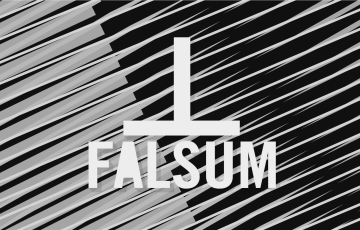New EU rules relating to the import and export of composite food products are due to enter force from the 21st April 2021.The new rules will affect third countries like the UK significantly.
They are anticipated to increase requirements for Export Health Certificates (EHCs) considerably, which will in turn have a knock-on effect on the already strained compliance departments & UK veterinary resources.
WHAT IS A COMPOSITE PRODUCT?
Composite food products are defined in EU & UK legislation as “food containing both products of plant origin and processed products of animal origin”. This categorisation captures products with any quantity of milk, egg, meat or fishery product – as well as collagen, gelatine & honey.
SO, WHAT’S CHANGING?
From 2007 to 2019, the EU Legislation has required Composite Products containing meat products, and products with more than 50% of any Product of Animal Origin (POAO) to enter the EU with accompanying EHC(s) & a Border Control Post (BCP) inspection.
From 21st April 2021, the new EU legislation set out requirements for more Composite Products to travel with an EHC or a “Private Attestation” document. The newly controlled Composite Products are as follows:
- Shelf-Stable products not containing meat products
- Shelf-Stable products containing any gelatine, collagen or highly-refined POAO
- Non-Shelf Stable products containing less than 50% POAO
This represents a significant increase in the scope of the legislation and the volume of controls placed on UK food exports heading into the EU.
WHAT CAN MY BUSINESS DO ABOUT IT?
Whilst the scale of the new EU Composite Product compliance may seem daunting to some businesses, Falsum recommends a step-by-step approach to identifying if your products fall within the new legislation:
- Clarify your individual product’s composition
- Identify the HS-Code of your individual items
- Identify whether your items have a ‘Veterinary Control’ at the EU Border
- Do your products fall within the ‘Composite Product’ Legislation?
- Does the product require an EHC or a Private Health Attestation?
- If Yes, identify the correct EU EHC (4-digit identifier, i.e. EHC 8286)
- Does your product qualify under the Article 6 Derogation?
- Identify the correct data to complete all of the paperwork for each individual product identified above.
Falsum’s Customs & Global Trade experts can help you to navigate each of these steps in turn.
DRIVING DOWN COMPLIANCE COSTS
For digitally-focussed businesses, there are a number of additional actions you can take to generate the additional paperwork:
- Leverage your ERP, Warehousing System or Accounting software to automate document generation
- Develop automated Document workflows in Microsoft Flow/Zapier/IFTTT
- Develop against the ECHO/IPAFFS Gov.uk APIs
It goes without saying that systems development is a time-consuming and expensive process. We work with our Clients as subject-matter experts to limit Developer leadtimes and costs.
DISCUSS YOUR OPTIONS
If you’d like to discuss the best options for your business to fulfil the EU’s Import Certificates & Border Inspections on a no-obligation basis, use the link below to book a meeting with one of Falsum’s Customs & Global Trade experts.





